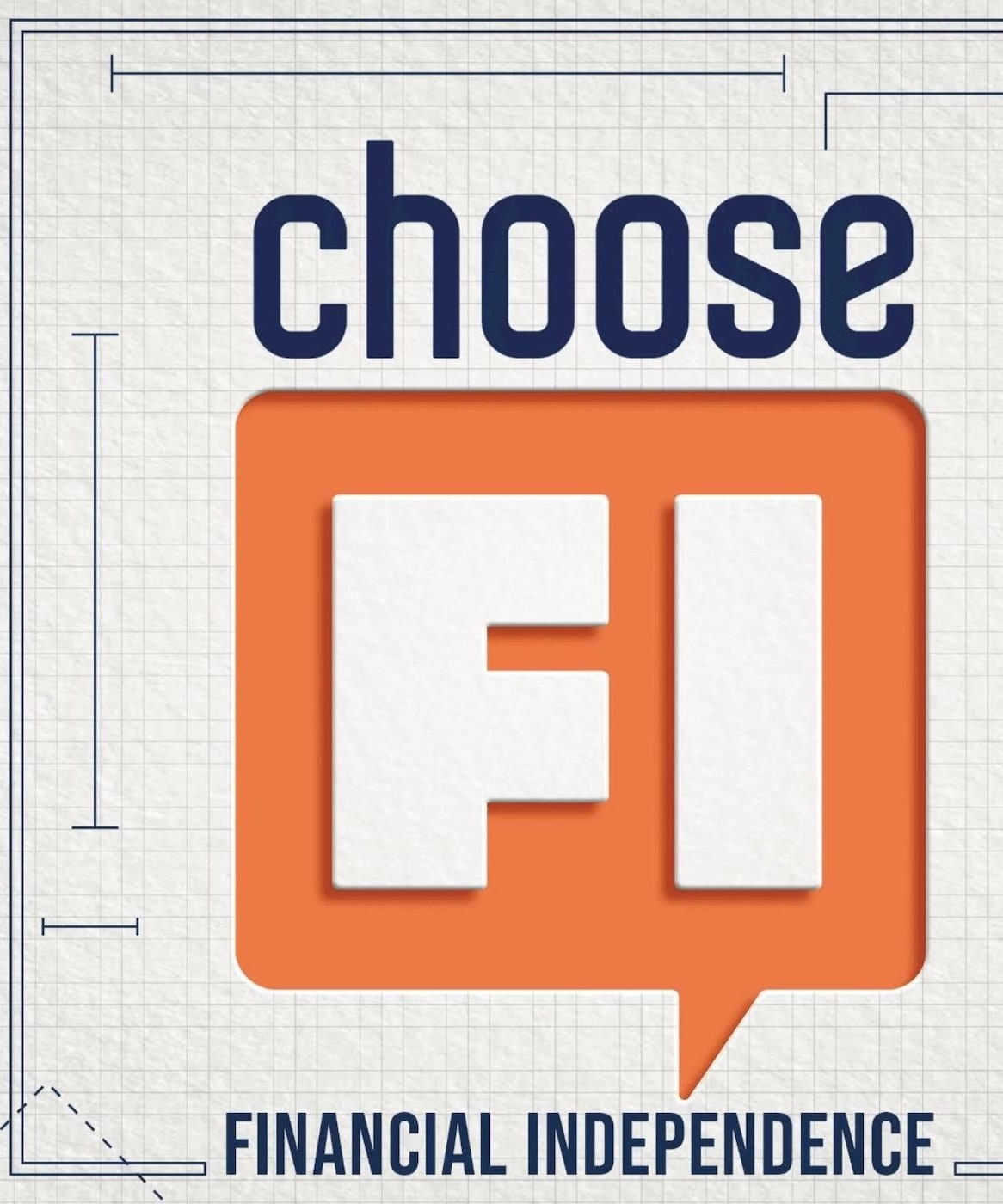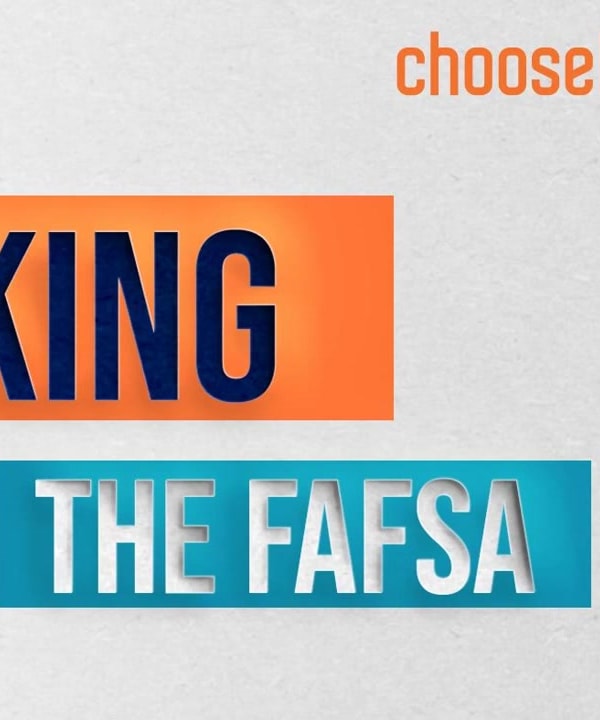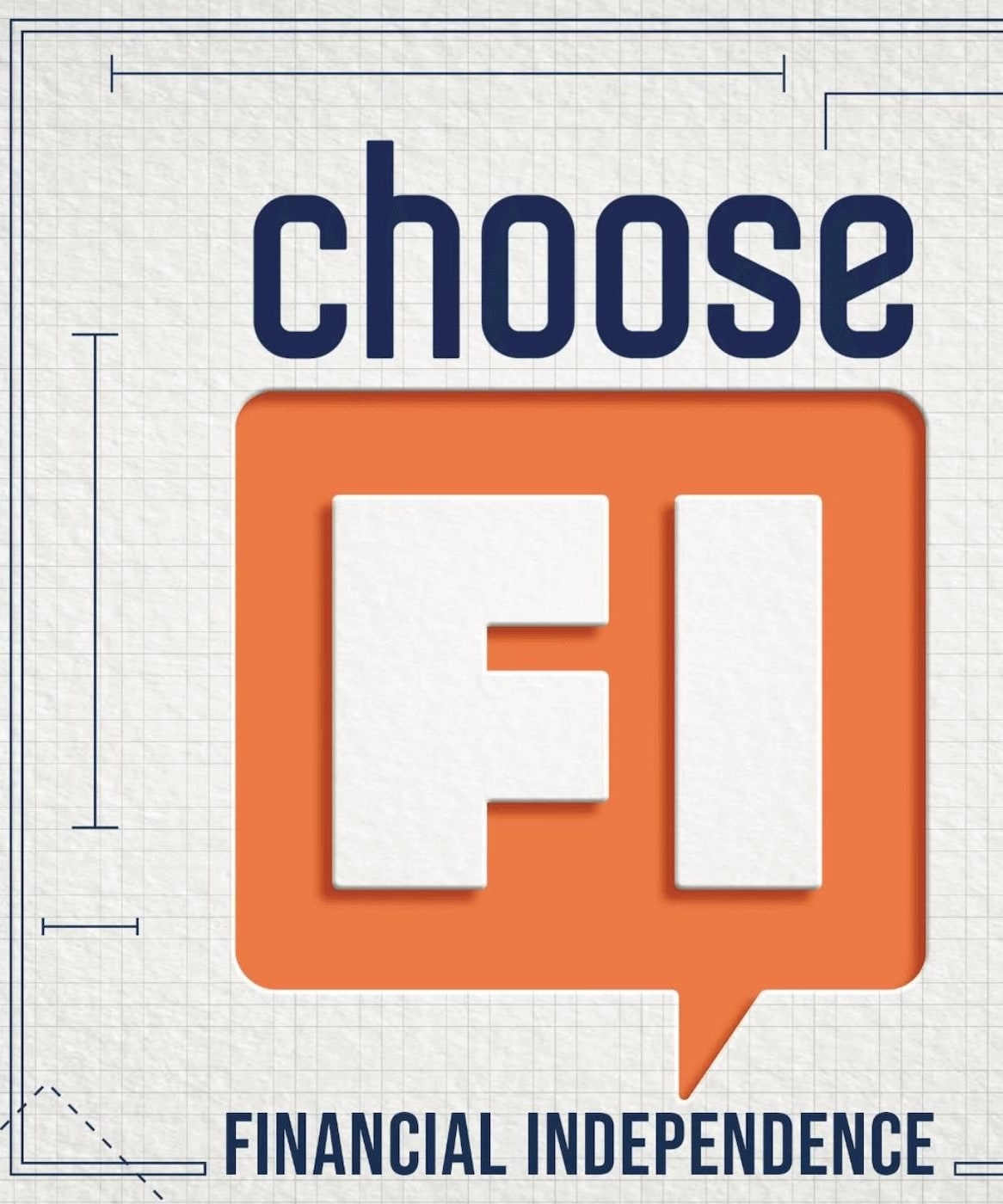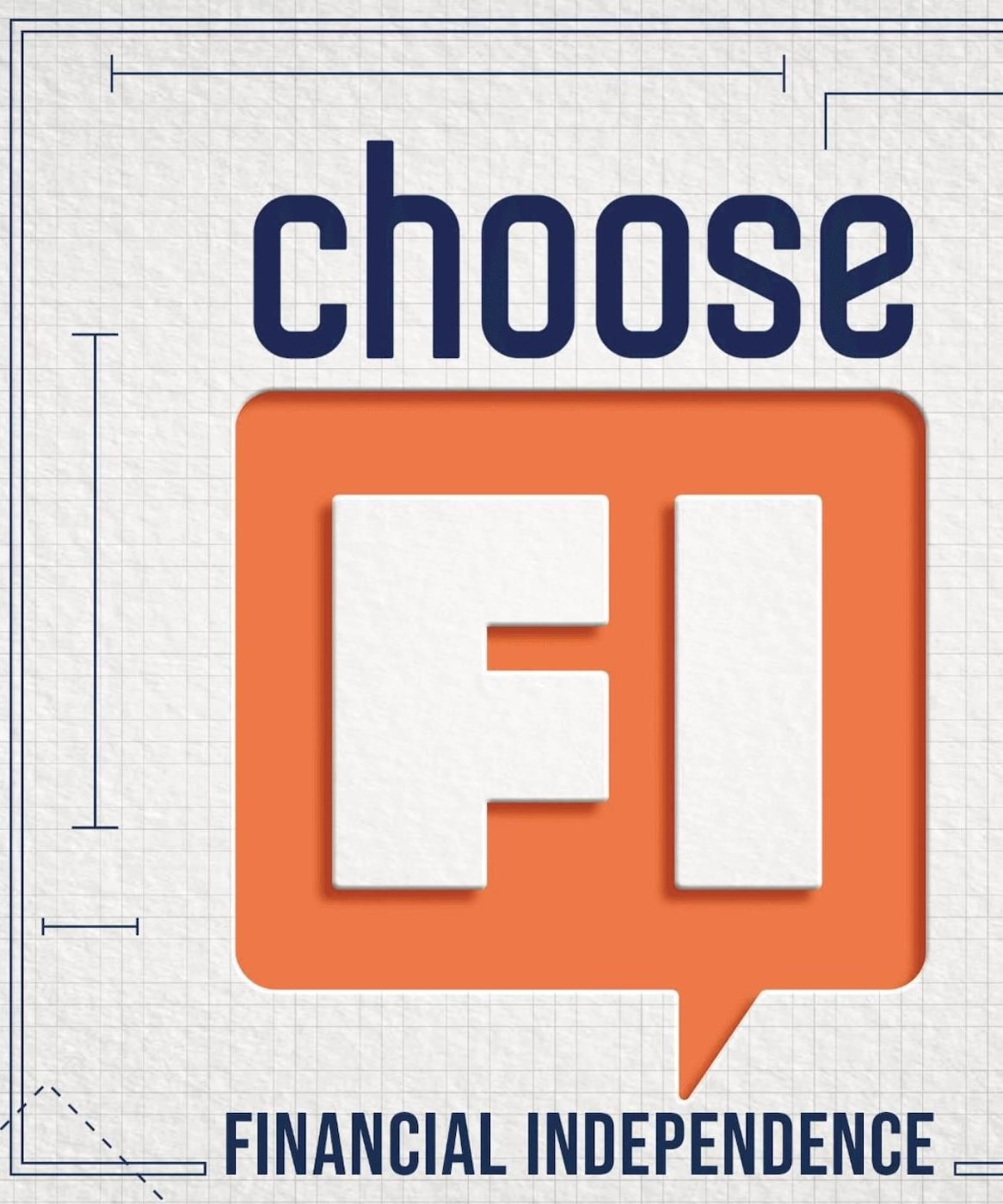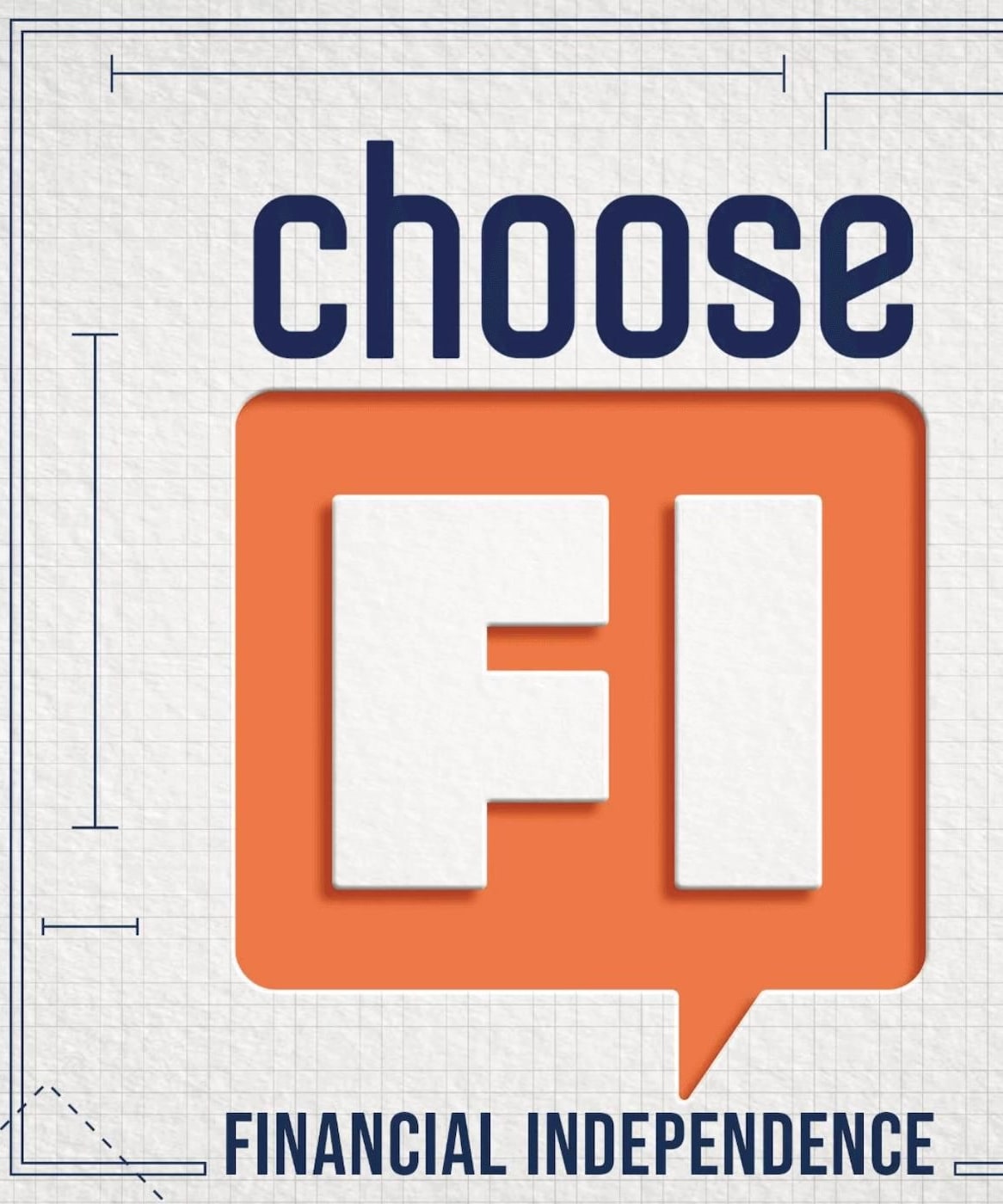529 plans vs. UTMA accounts?
Sources:
Brad Barrett has discussed the differences and considerations between 529 plans and UTMA accounts in his podcasts. Here are some key points he mentioned:
529 Plans
- Tax Benefits: Contributions to 529 plans can grow tax-free, and withdrawals for qualified education expenses are tax-free 1.
- Financial Aid Impact: Assets in 529 plans, when owned by the parent, are assessed at a lower rate (about 5.64%) for financial aid calculations compared to UTMA accounts 2.
- Custodianship: Parents or grandparents can own the 529 plans, providing flexibility in managing the funds.
UTMA Accounts
- Ownership Transfer: UTMA accounts transfer ownership to the child when they reach the age of majority (18 or 21, depending on the state), at which point the money can be used for any purpose 3.
- Financial Aid Impact: Assets in UTMA accounts are considered the child's assets and are assessed at a significantly higher rate (20%) for financial aid purposes 2 3.
- Tax Considerations: Income generated from UTMA accounts is taxable to the child, but if the income is below a certain threshold, it might not be a significant tax burden 4.
Choosing Between Them
Brad Barrett emphasizes that if the goal is to maximize financial aid and have more control over the funds, 529 plans might be more advantageous. Conversely, if there's a need for greater flexibility in how the funds can be used and a specific interest in involving children in their financial education early, UTMA accounts could be more suitable 5 6.
RELATED QUESTIONS
